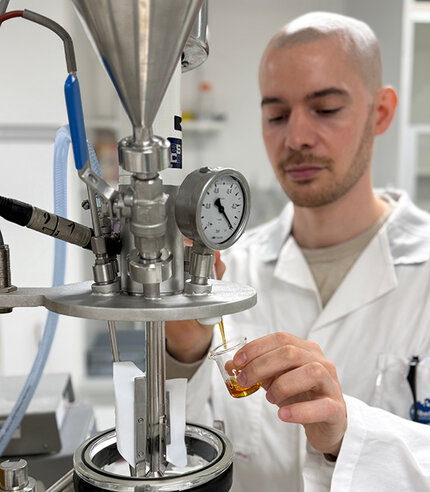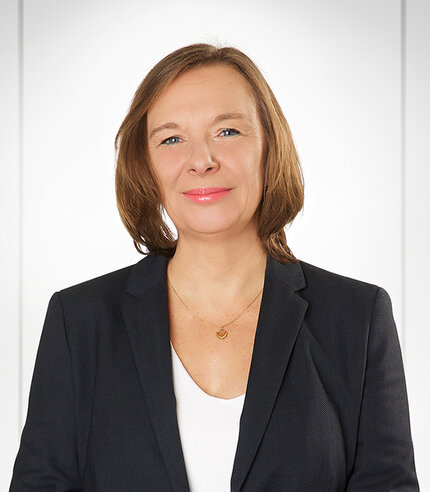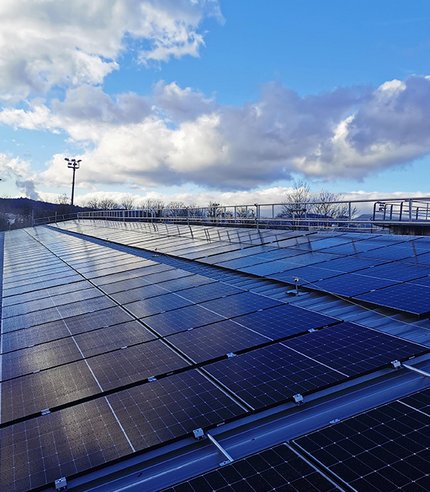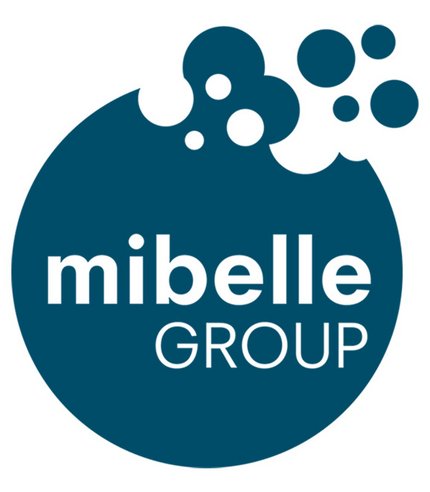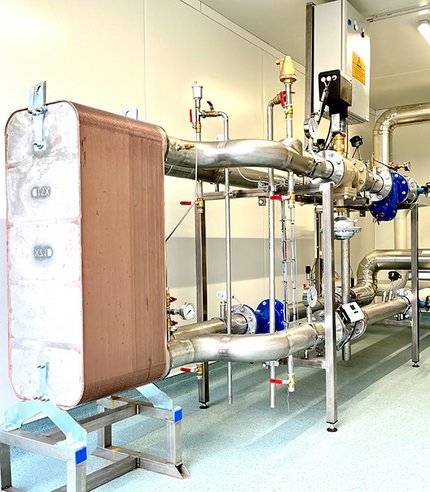Accelerating the Shift to Renewable Energy
As part of our commitment to reducing fossil fuel dependency, we’re expanding the use of solar panels at our sites in Buchs, Frenkendorf and Sarreguemines. These systems convert sunlight directly into electricity, allowing us to generate up to 10% of our total electric energy needs through solar power — a big step towards energy autonomy.
Of course, the feasibility of installing solar panels depends on factors like roof space, structural stability, and infrastructure. That said, our teams are actively scouting new locations where additional solar capacity can be added in the future.
Driving Emission Reduction Through Sustainable Logistics
Transportation remains a major source of emissions in any supply chain. To tackle this, we’re launching a pilot programme in partnership with some of our partners to test alternative fuels, such as biodiesel or renewable diesel, which can cut emissions by up to 80% compared to traditional diesel.
Although these greener fuels come with higher operating costs for now, we’re confident that the environmental benefits and increasing consumer demand for low-impact logistics will make them worthwhile in the long run.
Innovative Energy Use: District Heating and Waste Heat Recovery
Our Sarreguemines site has reached a significant milestone by becoming the first private company in the city to connect to the municipal district heating network. The system is powered by steam from local biomass incineration. This step further strengthens our commitment to a circular energy approach, building on similar initiatives already implemented at our Buchs and Frenkendorf sites.
District heating not only helps reduce emissions, but it also provides greater resilience against energy price volatility, enhancing both environmental and financial sustainability. The heat from this city network is used to heat the buildings during winter and to pre-heat the hot process water, optimizing energy efficiency throughout the year.
Embedding Sustainability into Our Operations
These actions reflect Mibelle Group’s wider Environmental, Social and Governance (ESG) strategy. Key pillars of our operational sustainability include:
- Reducing CO₂ emissions through clean energy and low-emission transport
- Improving energy efficiency and increasing energy autonomy across our facilities
- Minimising water consumption and system air pressure losses
- Prioritising sustainability in every investment and innovation decision
We continually monitor our energy, water, and carbon usage data to ensure transparency and track progress. While we use carbon offsetting selectively, our long-term vision remains clear: to phase out the need for offsets altogether through real, systemic reductions.
Markus Sagolla, Head of Supply Chain & Operations, reflects on the role of innovation and accountability in shaping a more sustainable Mibelle Group:
"At the Mibelle Group, we are committed to driving sustainable innovation and embracing accountability. By challenging the status quo, we aim to reduce our impact and set clear, measurable goals. This approach allows us to build a better future for our customers, partners, and the planet, step by step. We recognise that the path to sustainability is rarely straightforward, it’s shaped by infrastructure limits, economic pressures, and evolving technologies. We are committed to continuously taking meaningful steps that put people and the planet first, remains firm”


